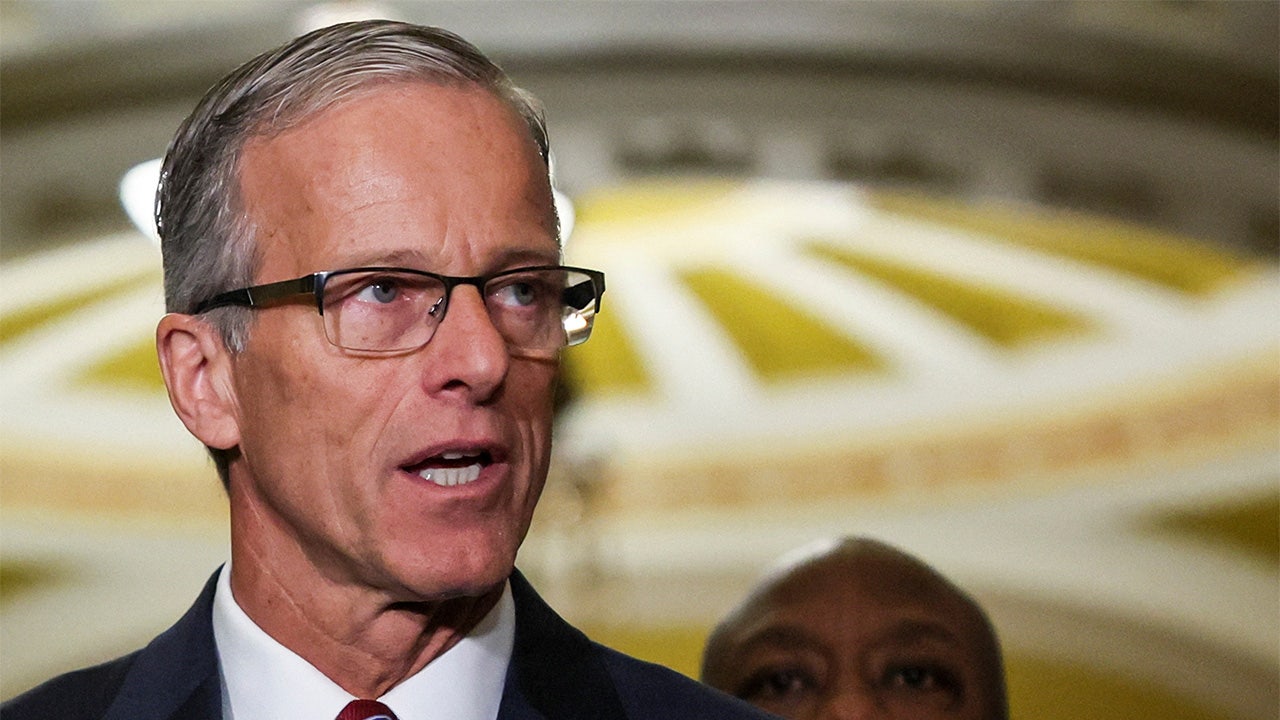Sen. Thune suggests working weekend to confirm Trump picks after Dems delay votes

Senate Majority Leader John Thune, R-S.D., expressed his frustration with Democrats on Tuesday following the blocked confirmation vote for President Trump’s nominee for CIA director, John Ratcliffe. Despite bipartisan support for Ratcliffe, the vote was blocked by Sen. Chris Murphy, D-Conn., prompting Thune to address the Senate floor.
Thune emphasized the importance of confirming Trump’s picks for the sake of America’s national security interests. He warned that the Senate could remain in session all weekend if progress continued to be delayed, stating, “Do we want to vote on these folks on Tuesday or vote on them on Friday, Saturday, and Sunday? Because that’s what we’re going to do. This can be easy or this can be hard.”
Ratcliffe had previously been approved by the Senate Intelligence Committee with a bipartisan vote of 14 to 3, leading Thune to argue that the confirmation should not be difficult. He highlighted the widespread bipartisan agreement on Ratcliffe’s qualifications for the role, questioning the purpose of stalling the process.
However, Murphy defended the decision to block the vote, citing “serious concerns” among Democrats regarding Ratcliffe’s ability to serve as CIA director. Murphy pointed to Ratcliffe’s alleged politicization of intelligence during his tenure as National Intelligence director in 2020, calling for a two-day debate on the Senate floor before confirming him.
Senator Tom Cotton, R-Ark., the leader of the Senate Intelligence Committee, criticized the delay in the confirmation process as unnecessary and accused Democrats of playing procedural games. Cotton noted that similar delays had occurred in the past with administrations of both parties but stressed the need to prioritize qualified nominees like Ratcliffe.
Despite the obstacles, only one of Trump’s Cabinet nominees had been confirmed at the time of the article, with Marco Rubio securing the position of Secretary of State. While several nominees had advanced out of committee votes, others were still awaiting confirmation hearings.
The contentious confirmation process underscored the ongoing political tensions in Washington, with both parties facing challenges in advancing crucial appointments. As the debate continued, Thune’s frustration with the delays reflected broader concerns about the impact on national security and the need for bipartisan cooperation in the confirmation process.




